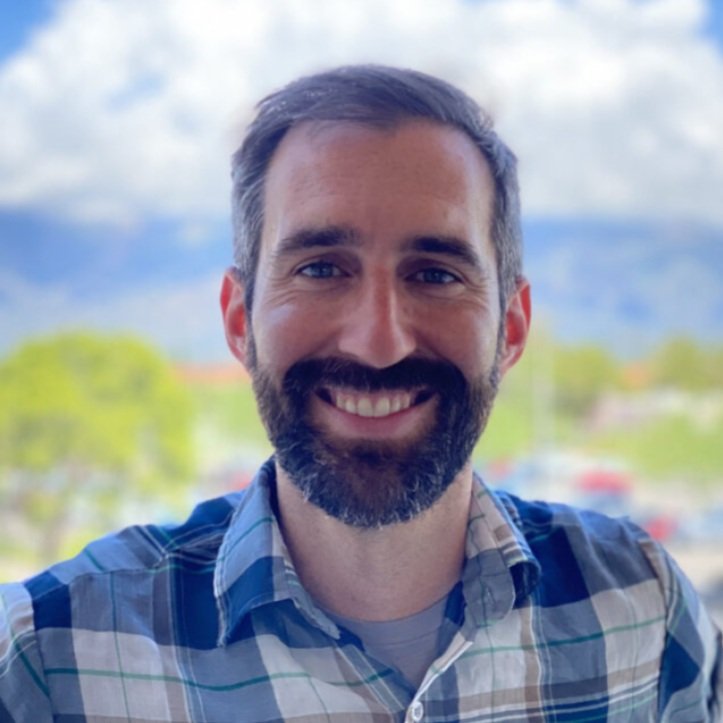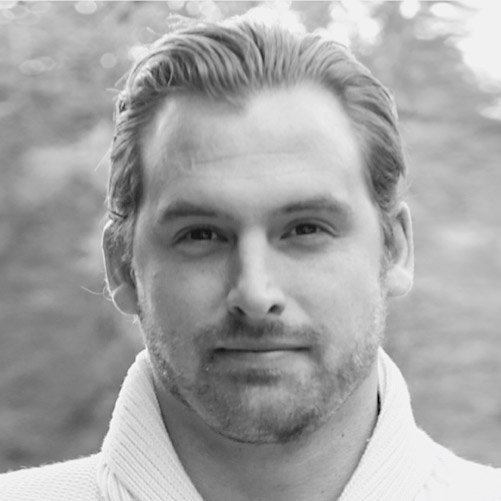October 20th: Day of Dialog and Practice: Mind Training in the Digital Era
As we traverse the digital age, our bonds with technology continue to intensify, reshaping the landscape of our neural pathways and deepening our collective dopamine addiction. It's a symbiotic relationship that challenges our mental resilience and calls for deeper understanding.
On Friday, October 20th, we will discuss how to counterbalance this narrative by harnessing the power of mind-training, mindfulness, mind-body practices, meditation, and more. Together with experts in the neural correlates of concentration, meditative states, mind wandering, stress, and creativity, we will explore how to nurture a balanced mind amidst the pulsing energy of the digital world.
This day of dialog is meant to lay the groundwork for a larger gathering in March, 2024, which will combine the best of 5,000 years of mind training tradition with the cutting edge of modern neuroscience research and technologies.
Come ready with your questions and ideas: along with a group of world-renowned scientists and technologists, together we will navigate uncharted territories of mind training, dissect the dopamine dilemma, and surface innovative strategies for harmonizing our technological interactions.
This is the beginning of a larger conversation of now we can unlock a state of cognitive equilibrium where technology serves us, not the other way around. Ultimately, we are looking for ways to empower ourselves, our families, our communities, and society with the best that science has to offer to face an increasingly dopamine-driven world.
Friday Presenters
Elissa Epel, UCSF
Stress Resilience and Responses, Cellular Stress Pathways
Judson Brewer, Brown
Mindfulness, Neural Plasticity, Breaking Habit Cycles
Jon Kabat-Zinn, (remote)
Mindfulness Techniques, Stress Reduction, Health of Humanity
Alia Crum, Stanford
Optimizing your Mindset, Peak Performance, Mindset Change Mechanism
Ed Boyden, MIT
Computational and Neural Modeling for Mindfulness
Jay Sanguinetti, Sanmai, University of Arizona
Novel Neural Stimulation Techniques, Enhancement of Meditative States
Dustin DiPerna, Stanford
Accessible Spiritual Wisdom, Combining Ancient Practices with Neuroscience
Adam Gazzaley, UCSF
Intersection of Technology and Mindfulness Research










